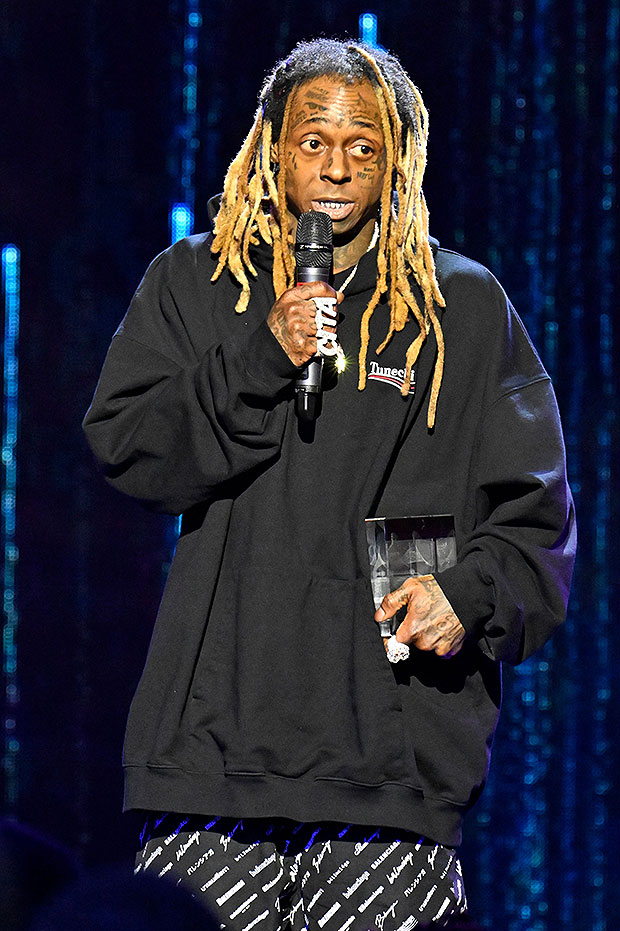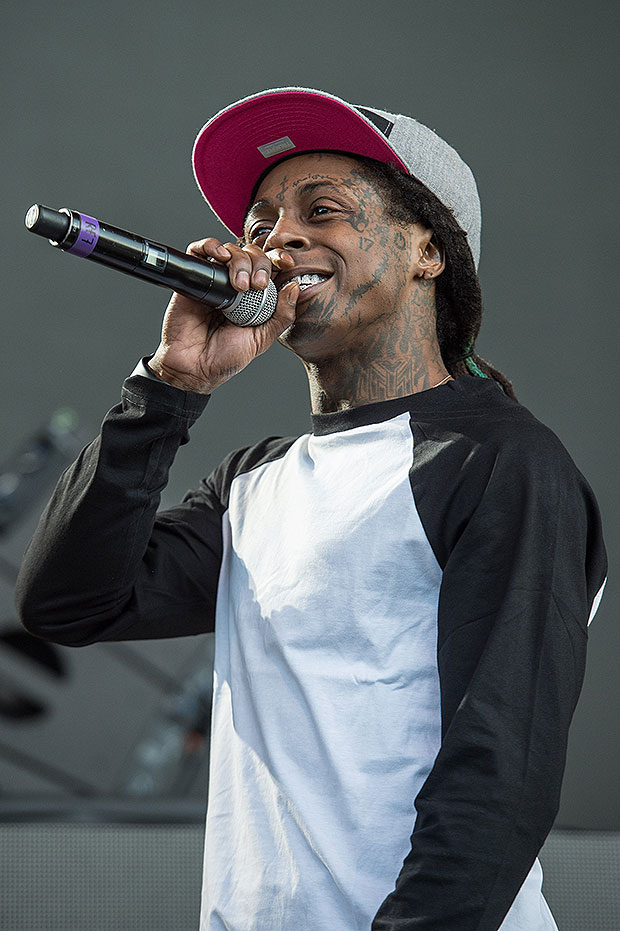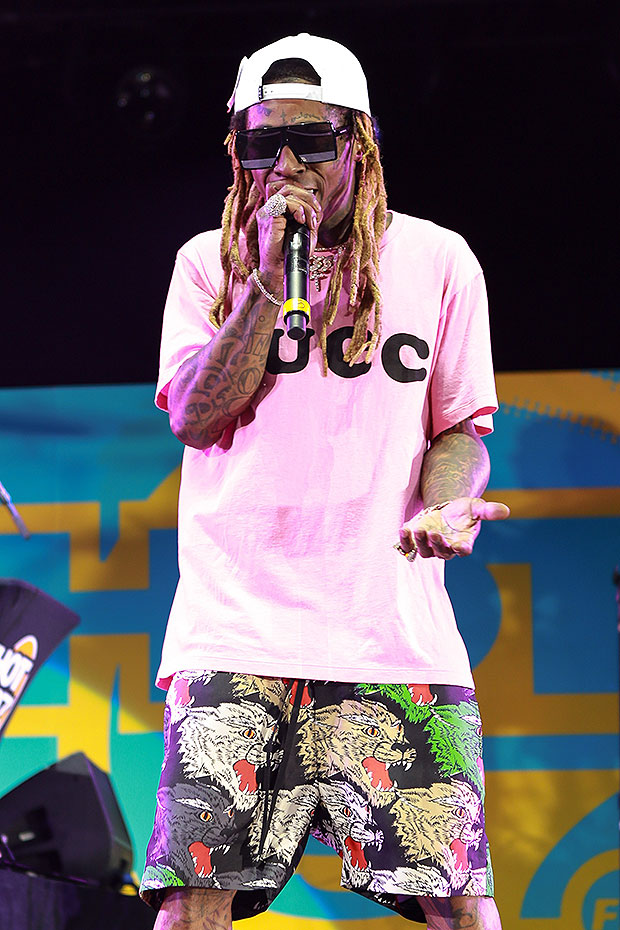Lil Wayne is not just a name but a phenomenon in the music industry. Known for his unique style and impactful lyrics, he has captured the hearts of millions. However, behind the glitz and glamour lies a personal struggle that many may not be aware of: his battle with epilepsy. This neurological disorder has been a part of his life since childhood, and it has shaped his journey in profound ways.
Born Dwayne Michael Carter Jr., Lil Wayne rose to fame as a rapper at a young age. Despite his success, he has faced significant challenges due to his health. Seizures, which are a symptom of epilepsy, began affecting him early on, and his journey through this disorder has been anything but smooth. In 2013, his health issues became public when he was hospitalized for a week, shedding light on his condition.
Since then, Lil Wayne has been open about his experiences with epilepsy, using his platform to raise awareness and inspire others. He has shared how this condition has affected his life, from canceling shows to making lifestyle changes to manage his health better. His story is one of resilience, proving that even in the face of adversity, one can continue to pursue their passions and make a difference.
Table of Contents
Biography of Lil Wayne
| Full Name | Dwayne Michael Carter Jr. |
|---|---|
| Date of Birth | September 27, 1982 |
| Profession | Rapper, Songwriter, Record Producer |
| Notable Works | The Carter Series, Tha Block Is Hot, I Am Not a Human Being |
| Awards | Grammy Awards, Billboard Music Awards |
Understanding Epilepsy
Epilepsy is a neurological disorder characterized by recurrent, unprovoked seizures. It affects people of all ages and can arise from various causes, including genetic factors, head injuries, and infections. The brain experiences sudden surges of electrical activity, leading to various symptoms, depending on the type of seizure.
Seizures can manifest in different forms, such as loss of consciousness, convulsions, or unusual sensations. For individuals living with epilepsy, understanding their condition is crucial for managing it effectively. Treatments may include medication, lifestyle changes, and sometimes surgery to control seizures.
Lil Wayne's Health Journey
Lil Wayne's journey with epilepsy began in his childhood, although he wasn't diagnosed until much later. He has openly discussed how his first seizure occurred when he was just a young boy, and it continued to affect him throughout his life. In 2013, after a severe seizure that led to a week-long hospitalization, he decided to speak publicly about his condition.
Since that pivotal moment, Wayne has made significant lifestyle changes to help manage his health. He emphasizes the importance of stress management, as stress is a known trigger for his seizures. This transparency not only showcases his strength but also encourages others facing similar challenges.
Impact on Music and Fans
Lil Wayne's battle with epilepsy has influenced his music and his connection with fans. By sharing his struggles, he has shown that vulnerability can coexist with strength. His authenticity resonates with listeners, making his music even more relatable. Many fans have expressed gratitude for his openness, noting that it helps reduce the stigma surrounding epilepsy.
Furthermore, Wayne's experience has inspired awareness campaigns, encouraging conversations about epilepsy and mental health in the music industry and beyond. His ability to thrive despite his challenges serves as a powerful message to anyone facing adversity.
Final Thoughts
Lil Wayne's story is a testament to resilience and the power of vulnerability. His battle with epilepsy has shaped his journey, enriching his music and connecting him with fans worldwide. By sharing his experiences, he not only raises awareness about epilepsy but also inspires others to confront their challenges head-on. As he continues to create music and tour, fans remain hopeful for his well-being and eager to support his journey.
- Lil Wayne is a rapper who was diagnosed with epilepsy.
- He first started suffering from seizures in childhood.
- In 2013, his health issues became public when he had to spend a week in the hospital following a seizure.






